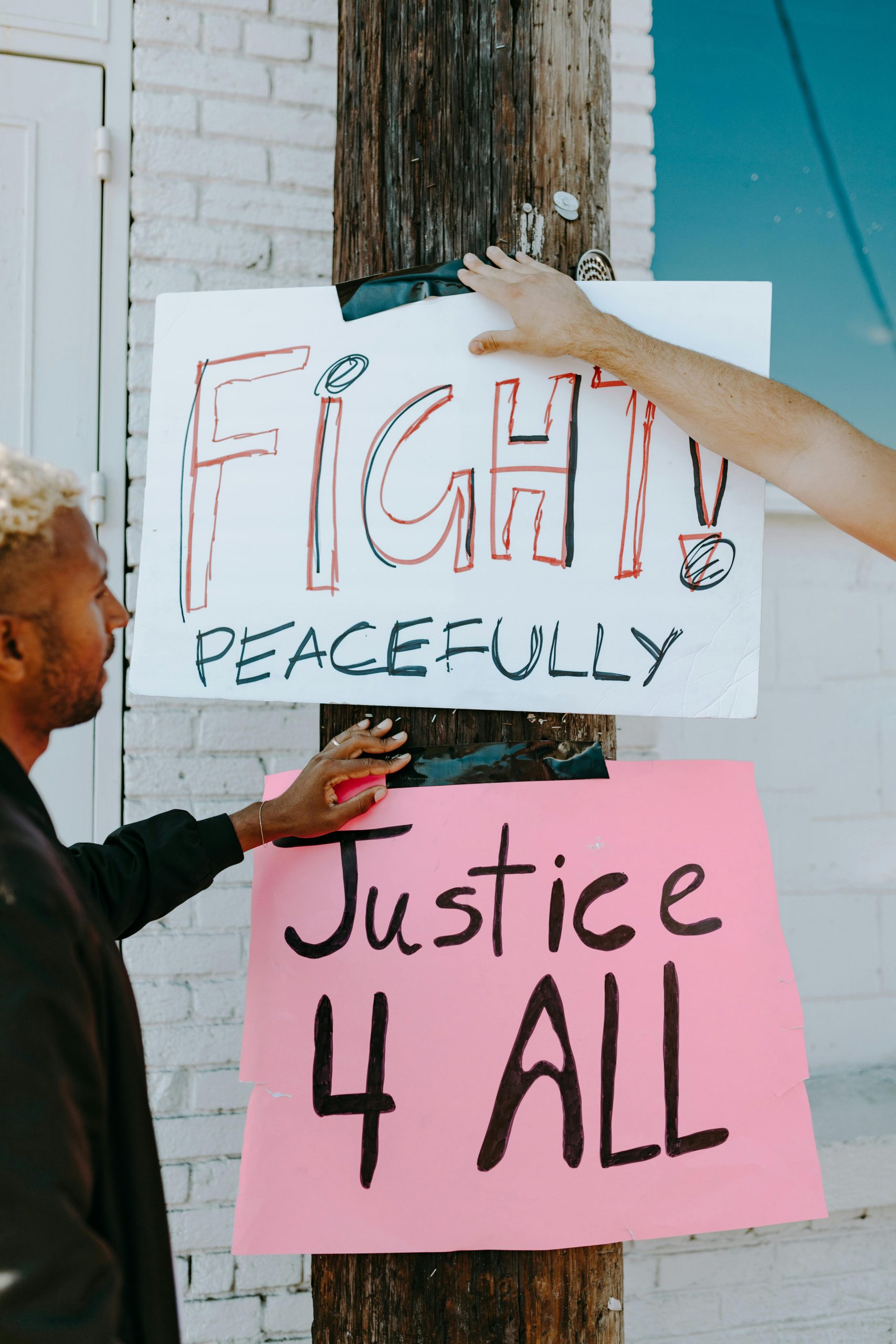The Impact of Media Bias on Public Perception: A Personal Reflection
In today’s rapidly changing media landscape, the portrayal of news can significantly influence individual perspectives and societal attitudes. A recent personal account highlights how exposure to predominantly right-leaning news sources can shape perceptions, sometimes leading to shifts in worldview and even fostering misconceptions.
A Family and Media Experience
The narrative begins with a family scenario: a mother recovering from a severe back injury, caring for two young children, while her child spends considerable time in an environment saturated with television news. The family’s available channels—Sky News, BBC, and GBN—are identified as having a primarily conservative or right-leaning editorial stance.
The influence of repeated exposure to a homogeneous news perspective became evident as the mother’s political stance shifted over time. Originally centering around more moderate or left-leaning views, her opinions evolved, apparently influenced by the content she consumed daily. This change culminated in a disagreement regarding social welfare and immigration policies, particularly around issues of disability support and refugee intake.
Understanding the Debate: Migrants vs. Immigrants
An important aspect of the discussion involves clarifying terminology that is often conflated or misunderstood:
-
Migrants: Individuals who have moved to the UK through legal channels—such as visas, refugee or asylum status—having followed established immigration procedures.
-
Immigrants: Those who have entered the country unlawfully, such as individuals overstaying visas or migrating without proper authorization. Among these, some may falsely claim asylum or refugee status.
The debate centered on the assertion that resources allocated to support refugees and asylum seekers are a waste, and that the presence of refugees from the Middle East poses a threat to public safety, particularly women. This narrative, however, is challenged by statistical realities. The majority of crimes, including sexual violence, are committed by UK citizens, not refugees or asylum seekers.
The Role of Media in Shaping Attitudes
While acknowledging that the government’s handling of refugee and asylum applications has room for improvement, it is crucial to distinguish between genuine security concerns and unfounded fears propagated by biased media. The conflation of refugees with criminal elements is misleading and can foster xenophobia and racial prejudice.
This personal reflection underscores a broader societal issue: how propaganda and selective reporting can alter perceptions and even erode empathy. It emphasizes the importance of consuming diverse and impartial news sources, including those with left-leaning or centrist perspectives, to foster a more accurate understanding
